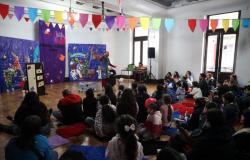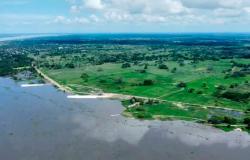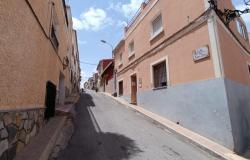This is the crystallization of a work coordinated by the rector of the Environmental Technical College, in which he managed to found a museum of natural history or natural sciences, which serves as a reference for the scientific community with biological and taxonomic information on the Orinoquia.
After receiving a transfer of economic resources from the Yopal Education Secretariat during 2023, the San Mateo de Yopal Environmental Technical Educational Institution recovered a space that previously generated school coexistence problems and there adapted the Orinoquia Natural History Museum.
This museum now becomes a scientific resource, usable in the tourism industry, which through a plan, coordinated with the directives of the educational institution and the students committed to the project, could generate a new alternative for visitors who wish to Learn a little more about Casanare and the Colombian Orinoquia.
Servando González, rector of the Educational Institution, explained to Boyacá Sie7e Days After learning about the initiative of the academic coordinator Yarlex Silva, he managed the resources with the Yopal Education Secretariat, which allowed the educational project to be implemented with a transfer of nearly 40 million pesos.
The museum is divided into several areas where students can find reptiles, the origin of the universe, birds, mammals, fish, arthropods, lepidoptera, a collection of plants and flowers, all species found in Yopal.
“To cement the initiative, a space was set up where telescopes and stereoscopes are located so that students can do work on biology, chemistry and natural sciences with scientific equipment,” said rector Servando González.
For his part, Mr. Yarlex Silva, academic coordinator, pointed out that 11th grade students have been supporting the creation of this initiative, which will make it possible to study the environmental species of the region, in addition to learning about biodiversity and developing conservation strategies. adequate to face the challenges that exist in the environmental field.
This initiative supports the Herpetological Collection of the Natural History Museum of the University of Los Llanos, which operates in Villavicencio and currently has 518 specimens, belonging to five orders, mainly from the departments of Meta, Casanare and Vichada.






